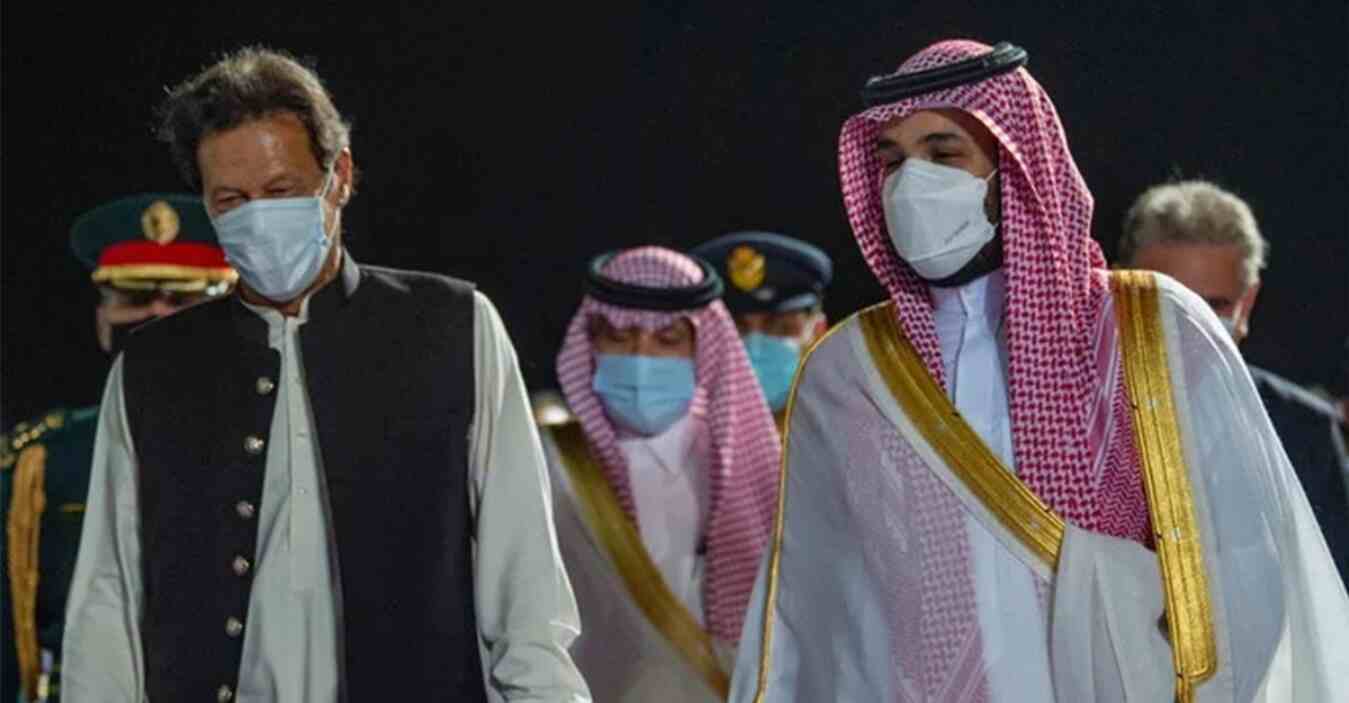Below par performance
Be it foreign policy, battle against terror or domestic press freedom, Imran Khan government has fallen short on all fronts

Month of August has always been striking for Pakistan. It gained independence in this month 74 years ago and it struggles while entering into its platinum jubilee year. It was a dark day in August 1988 when its military dictator and religious fundamentalist President Zia Ul Haq died in a plane crash in Bahawalpur. Again, the month of August, three years ago, saw cricketer-turned politician Imran Khan assuming office as the Prime Minister on August 18. The road, however, for Imran Khan has been rather bumpy so far. The opposition political parties often gang up in an apparent bid to topple Imran Khan, there was a marked rise in the cases of spiralling terror and the FATF did not let Pakistan off the hook for the country's abject failure to contain terror-funding of the home-grown terror organizations thriving on extreme religious ideology.
Menace of terror apart, Pakistan is at the crossroads as it battles frustratingly to deal with the armed uprising of the Balochistan rebels and other discontented groups seeking more autonomy and freedom of expression. There is also an influential segment within Pakistan that is vehemently opposed to the much-hyped China project of China Pakistan Economic Corridor (CPEC). Internal problems notwithstanding, Pakistan, under Imran Khan, failed also in its foreign policy implementation. Saudi Arabia, once the staunchest ally of Pakistan, based on shared religion, has steadily distanced itself from Pakistan, stirring discussion among several Muslim nations.
The Organization of Islamic Cooperation (OIC), which is a Saudi Arabia brainchild, repeatedly refused to comply with Pakistan on a number of issues including its refusal to pass a resolution on Jammu and Kashmir. In fact, today, India is relatively closer to Saudi Arabia with focus on bilateral trade and investment. Meanwhile, according to latest news reports, Pakistan is among the nine countries, devotees from where have been banned from entering Saudi Arabia for the Umrah pilgrimage. That is indeed a jolt to the Saudi–Pak ties. Although, Imran Khan and his Foreign Minister Shah Mahmood Qureshi lately made futile attempts to bring it back to rails. The fractured Riyadh-Islamabad relations restoration seems distant. China, for its own selfish political interest, did hold Pakistan's hand for Belt and Road Initiative (BRI) and the CPEC, but analysts don't see any reason to give any credit to Imran Khan for any new improvement in Sino-Pakistan ties. In reality, as everyone would know, the Beijing-Islamabad relationship would remain warm even without Imran Khan as the Prime Minister. On the contrary, Imran Khan exceeded all limits by conspicuously avoiding to condemn China for its oppressive measures against the Uighur Muslims in the Western province of Xinjiang. Imran's indifference on this sensitive issue evoked worldwide criticism. Yet, due to Chinese diktat, as part of its typical bullying tactics and aggressive attitude as a big brother, Pakistan buckled under China's pressure and continues to do so. The US, under Joe Biden, is also seeing a sharp decline in its relations with Pakistan. Experts feel that it is because of China that Pakistan is facing unprecedented alienation from the US.
Last but not the least, Pakistan's Afghanistan policy has gone for a toss, as clearly seen in the advances made by Taliban. It is widely believed that the Pakistan-supported Lashkar-e-Taiba (LeT) and Jaish-e-Mohammad (JeM) are fighting shoulder to shoulder with the Taliban and the impending civil war might have a cascading effect within Pakistan with a sizable Pashtun population changing their course. So, the Pakistan Prime Minister remains in a tight spot.
In the meantime, the miniscule Hindu minority is feeling insecure, following an attack on a Hindu temple in Rahim Yar Khan as also after an action against a Hindu child under the draconian blasphemy laws. We see numerous challenges before Imran Khan when he is more than halfway through his term as the Prime Minister. He needs to reset his priorities for a smooth passage for his remaining term.
As Imran Khan will complete his third year of his tenure on August 18, a very prominent media person, Hamid Mir, in a revealing interview to the popular BBC show on August 10, disclosed sensational details about the deteriorating press freedom in Pakistan. He criticized attacks against press liberty as a growing threat for the journalists in Pakistan. Lambasting Pakistan, insinuating specifically Prime Minister Imran Khan, Hamid Mir further said that the democracy and Constitution in Pakistan are sham and they exist only in name. More significantly, he disclosed that the Prime Minister of Pakistan was helpless and was in no position to help Mir or any other media person. Without naming anyone, he hinted that an invisible force was working to control Imran Khan and his policies, subtly ascribing it to the intelligence agency (ISI). In the past, Mir was abducted and interrogated, presumably by the intelligence agencies.
In the recent past, Hamid Mir lost his journalistic assignment for exposing the influential and wrong doers. Quoting Mir may be relevant here which surmises Imran Khan's performance: "Imran Khan is not directly responsible for imposing a ban on me. I do not think he wants me to be off air. But like past Prime Ministers, he is not a very powerful Prime Minister. He is helpless and he can't help me. Such a bold accusation against the Prime Minister is being seen as a message which is loud and clear. With electronic and print media muzzled, and diplomatic meltdown on external fronts, Prime Minister Imran Khan's track record for the last three years does not really call for any celebration.
The writer is a retired IPS officer, a security analyst and a former National Security Advisor to the PM of Mauritius. Views expressed are personal



